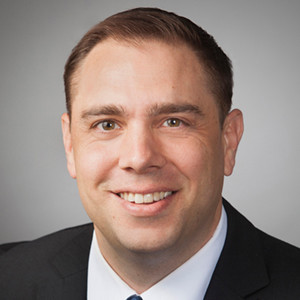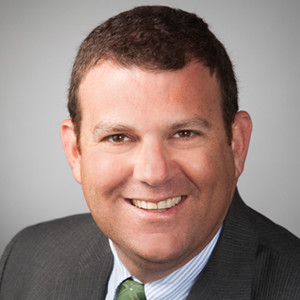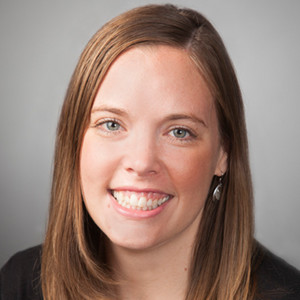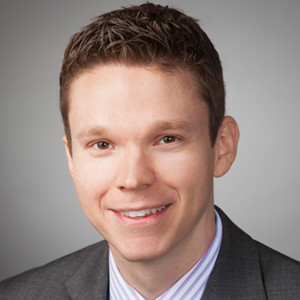1 in 4: Number of voters expected to participate
Tomorrow’s primary elections give voters the chance to decide which candidates will appear on the Nov. 2 general election ballot. Unless you’ve been living under a rock, you know that Georgia is electing a new governor as well as attorney general, secretary of state and a number of other federal, state and local officials.
While these are very important decisions, a troubling statistic to me is that roughly three out of four voters are not expected to participate in tomorrow’s election. Articles from across the state quote voting officials who predict voter turnout will range from 20 to 35 percent. With high offices at stake and our nation still in the grips of the worst recession since the Great Depression, why is voter apathy expected to be so high?
Will voter discontent revealed in a recent survey pull more voters? A poll last week conducted by Mason-Dixon Polling & Research for the Atlanta Journal-Constitution and 12 other members of the Georgia Newspaper Partnership found that “Georgians across party, gender and racial lines are going into the primaries worried about their economic futures and unhappy with the performance of their political leaders and institutions.”
The same poll found that “nearly three-quarters of Georgians are concerned about household finances and job security, and have high dissatisfaction with government leaders in Washington and in the state legislature.” With this much unrest, you’d think voters would be eager to have a say about their leaders.
Seven Republicans and seven Democrats are battling for the governor’s office; the secretary of state race has drawn five Democrats, and nine Republicans are in contention for insurance commissioner. Runoffs in August (required if no candidate receives more than 50 percent of the vote) are almost assured for some races. Ironically to me, the turnout for runoff elections is even lower.
Polls suggest that former Governor Roy Barnes may be a sure bet for the Democratic nomination for governor but the Republican race is still anyone’s guess. Talk about drama. The latest Mason-Dixon poll late last week reported a new front runner with Karen Handel in the lead, following an endorsement from former Alaska Governor Sarah Palin. The newest poll puts Handel at 29 percent, Insurance Commissioner John Oxendine at 22 percent and U.S. Representative Nathan Deal at 20 percent, a marked change from a similar GNP poll only days before when Oxendine was easily in the lead. (The poll, conducted for the GNP by Mason-Dixon Polling & Research on Thursday and Friday, surveyed 400 Republicans who plan to vote in Tuesday’s primary. It has a margin of error of plus or minus 5 points).
Surely this heightened drama will bring out more voters – if only on the Republican side.
One excuse cited for not voting is that you need to vote in either the Democratic or Republican party; you can’t vote in both. Some voters say they can’t bear to declare a party but by not voting in a primary, you have no influence on who runs in any party in November.
Regardless of your political persuasion, I hope you’ll cast your vote tomorrow. If you’re among the majority that’s not planning to vote, think about this: Who do you know who’s made a sacrifice to preserve our freedom or made a fight for your right to vote? How would you answer their questions: Why was your vote not worth casting? Why are you not doing your job as a citizen?
Ultimately, it’s voters – people like you and me – who decide elections, not the polls. Isn’t having the ballot decided by a mere 20 to 30 percent of voters pathetic for the country that champions democracy throughout the world?

 As design director at Cookerly, Tim serves as the creative lead in the development of branding campaigns, print collateral and digital media for clients across a broad range of industries, including consumer, professional services, healthcare and technology.
As design director at Cookerly, Tim serves as the creative lead in the development of branding campaigns, print collateral and digital media for clients across a broad range of industries, including consumer, professional services, healthcare and technology. As senior vice president at Cookerly, Mike Rieman specializes in building and maintaining relationships with the media and has an excellent track record of landing significant placements in print and broadcast media including USA Today, Wall Street Journal, Bloomberg and Money Magazine.
As senior vice president at Cookerly, Mike Rieman specializes in building and maintaining relationships with the media and has an excellent track record of landing significant placements in print and broadcast media including USA Today, Wall Street Journal, Bloomberg and Money Magazine.

 As vice president of Cookerly, Sheryl Sellaway uses her extensive corporate communications background to lead consumer PR efforts, deliver strategy for marketing programs and share expertise about community initiatives.
As vice president of Cookerly, Sheryl Sellaway uses her extensive corporate communications background to lead consumer PR efforts, deliver strategy for marketing programs and share expertise about community initiatives.
 As a senior vice president at Cookerly, Matt helps organizations protect and advance their reputations and bottom lines through strategic communications programs. Using creativity, planning and flawless execution, he works with a team to deliver compelling public relations campaigns that produce results and support clients’ business objectives.
As a senior vice president at Cookerly, Matt helps organizations protect and advance their reputations and bottom lines through strategic communications programs. Using creativity, planning and flawless execution, he works with a team to deliver compelling public relations campaigns that produce results and support clients’ business objectives.